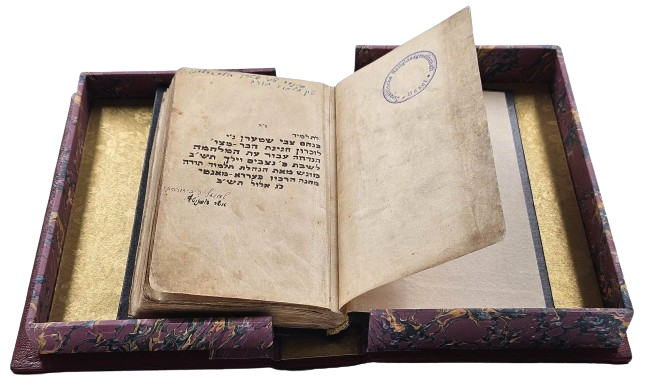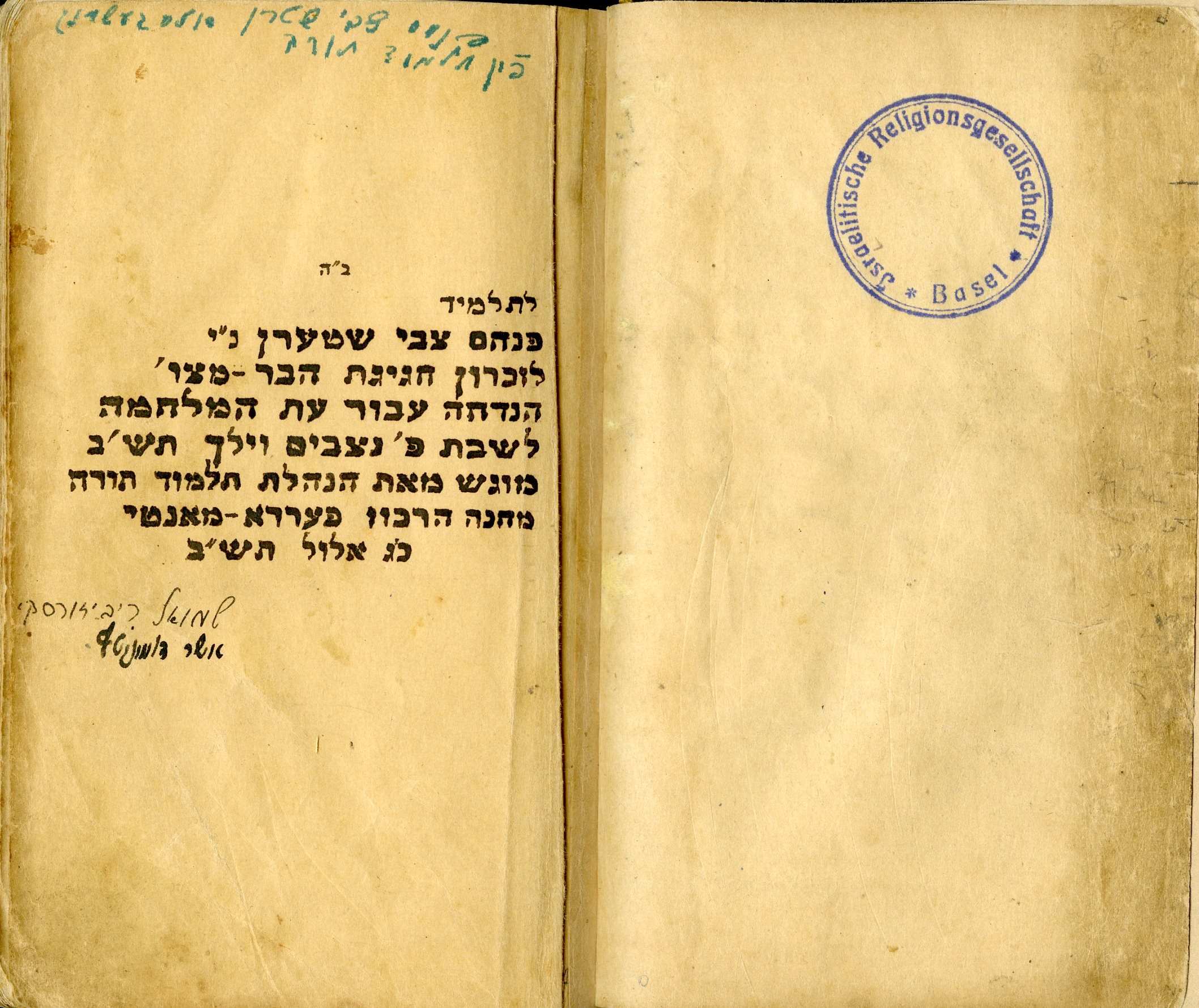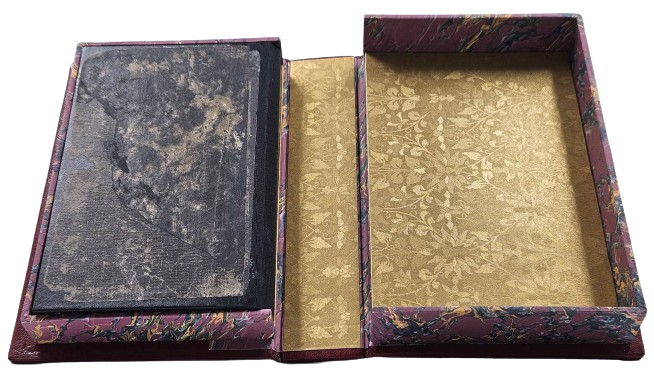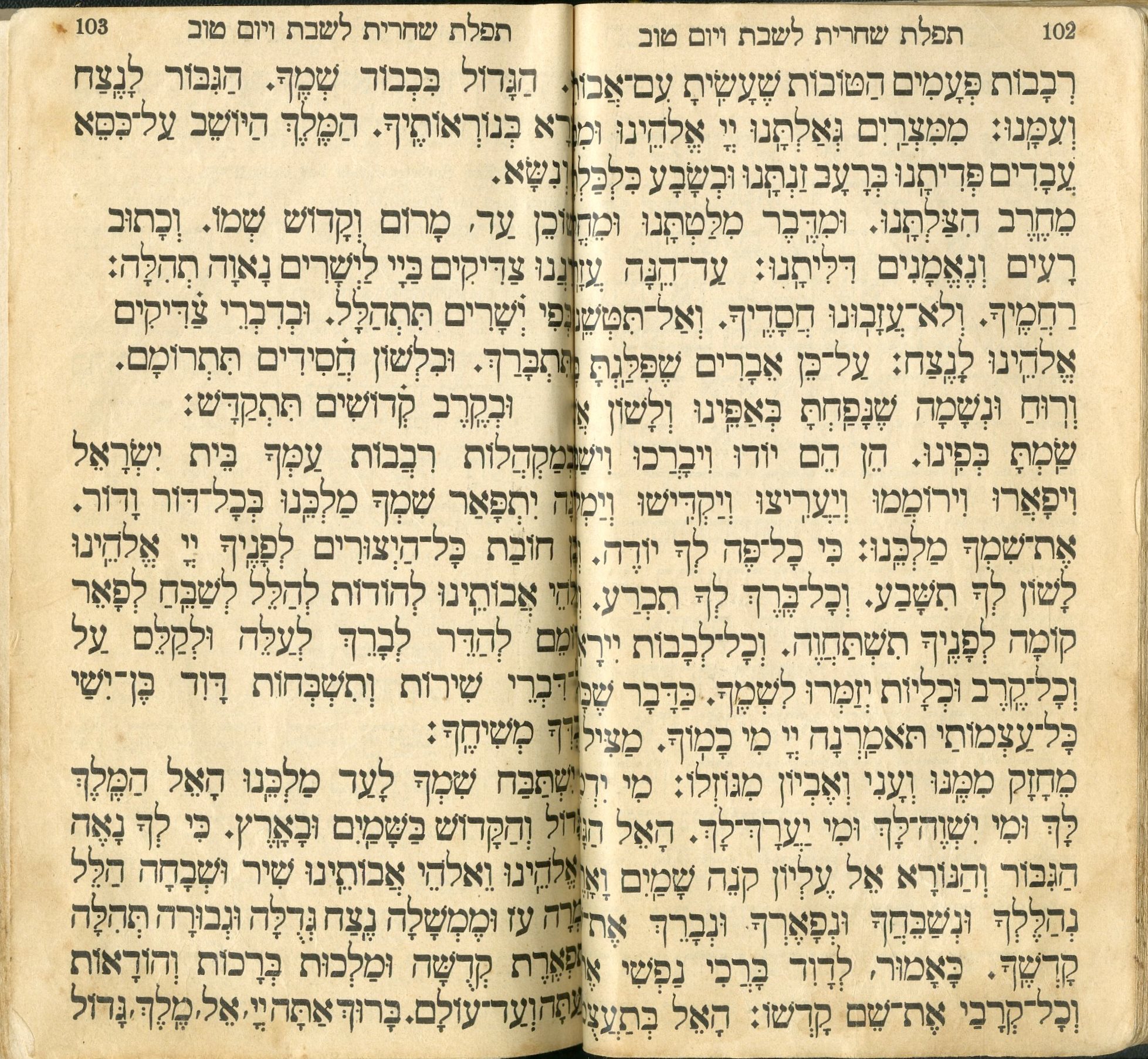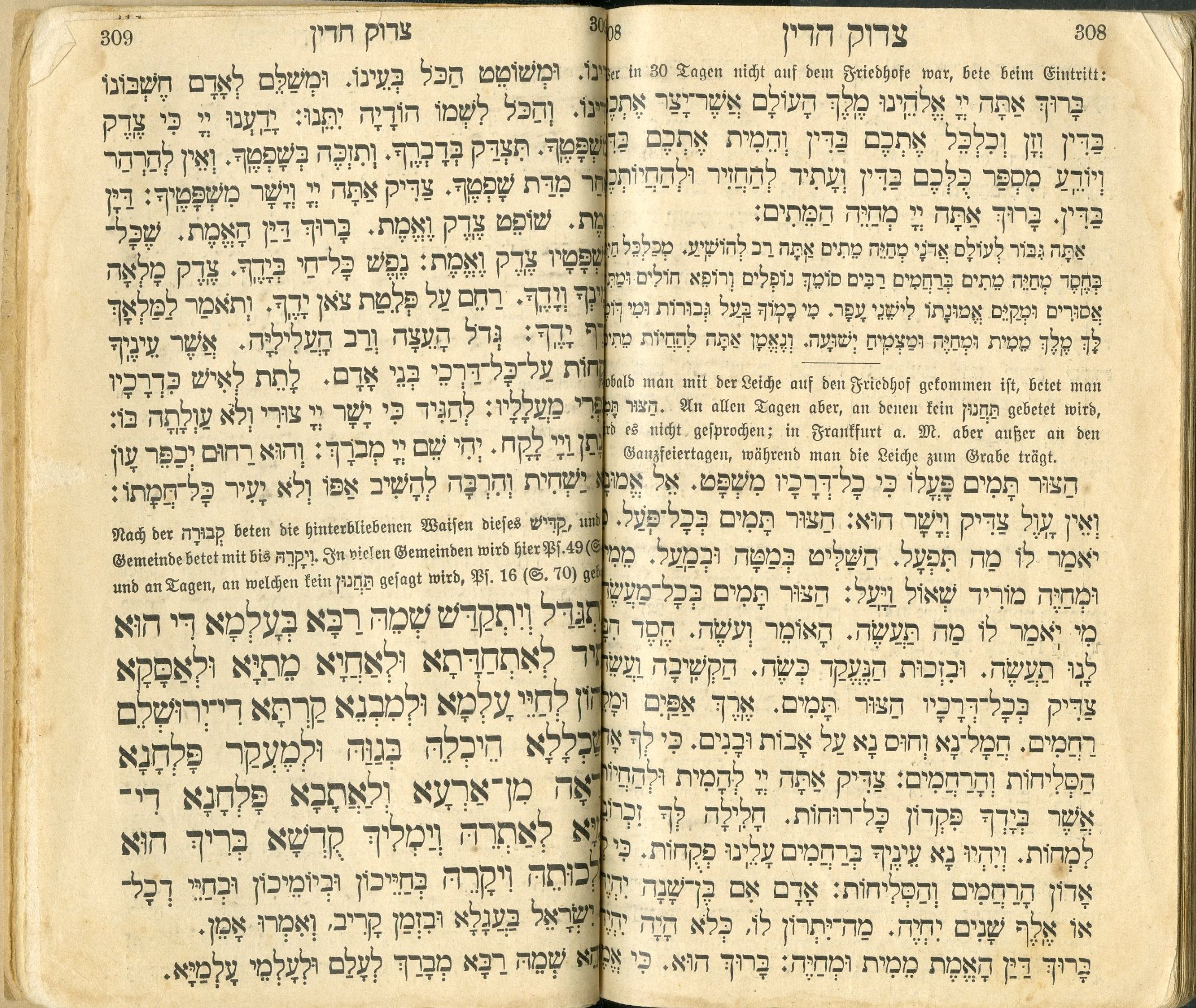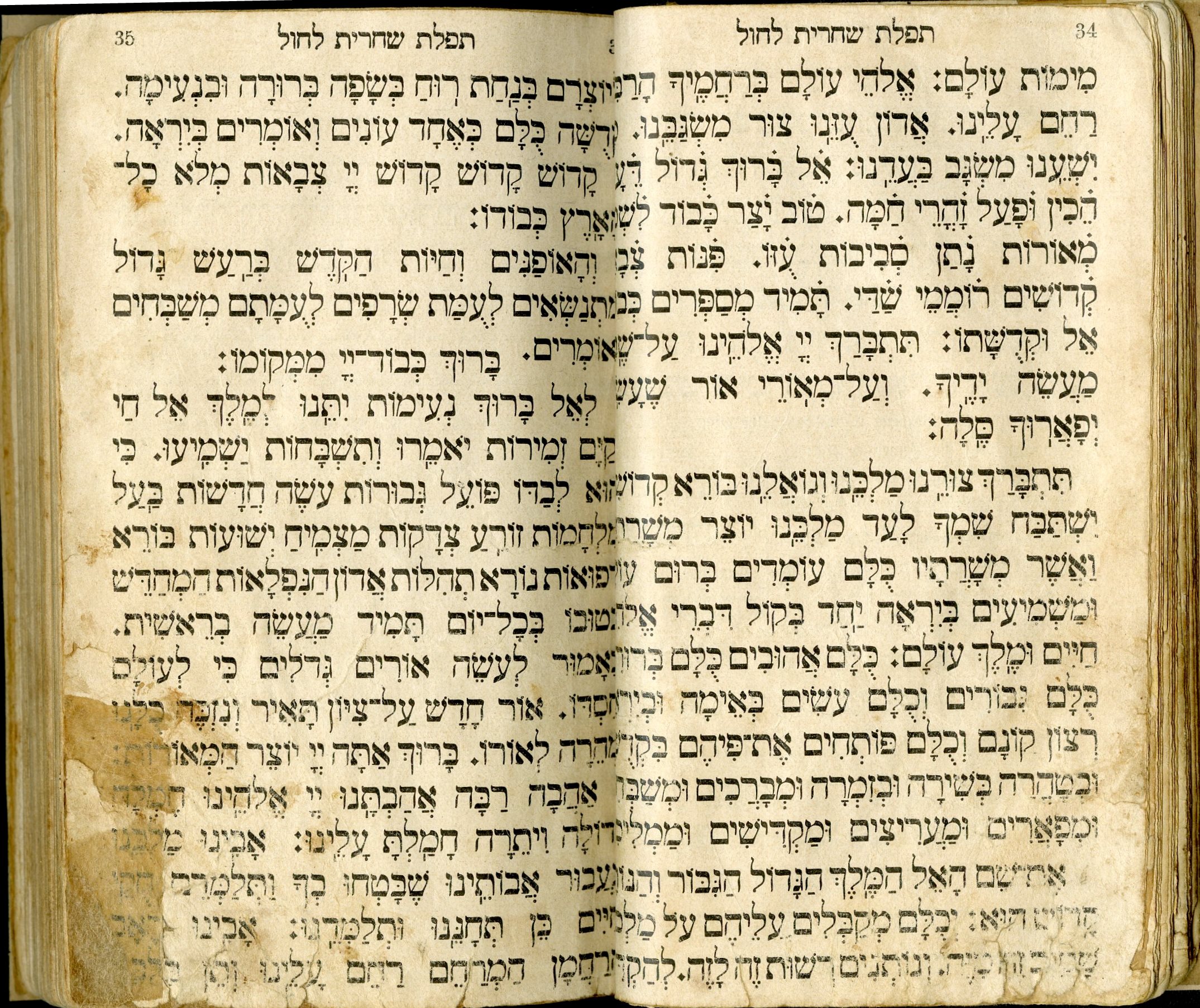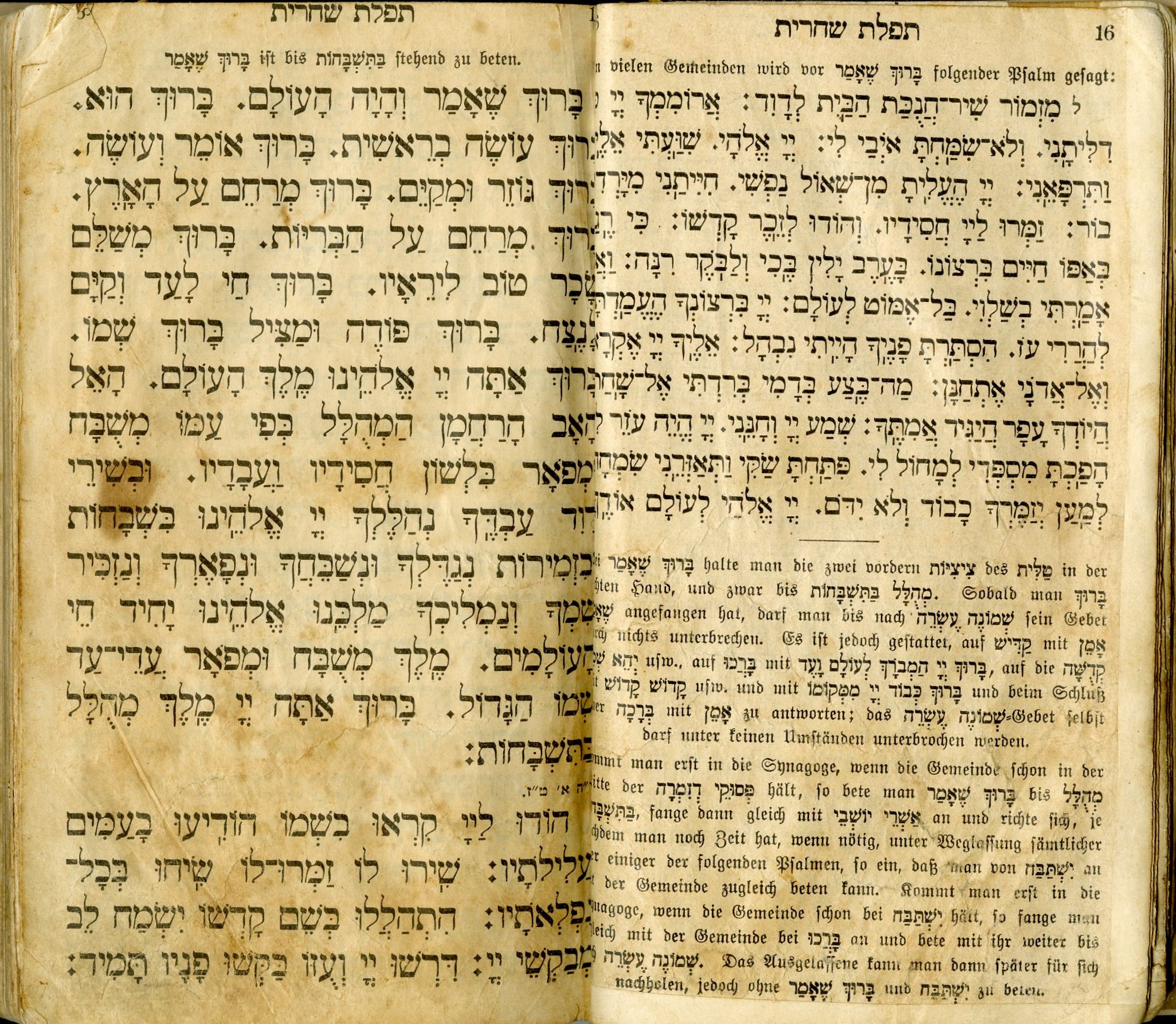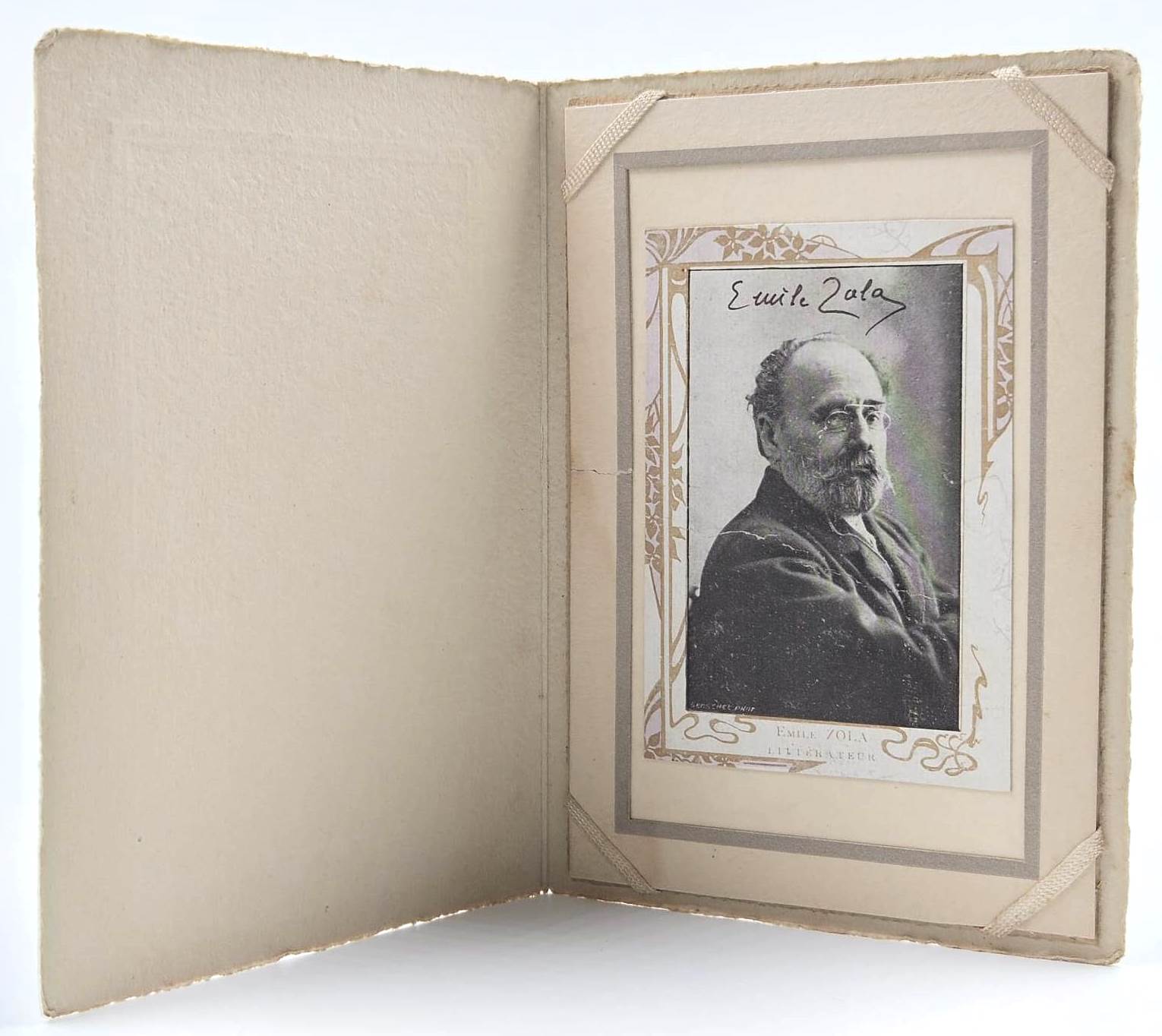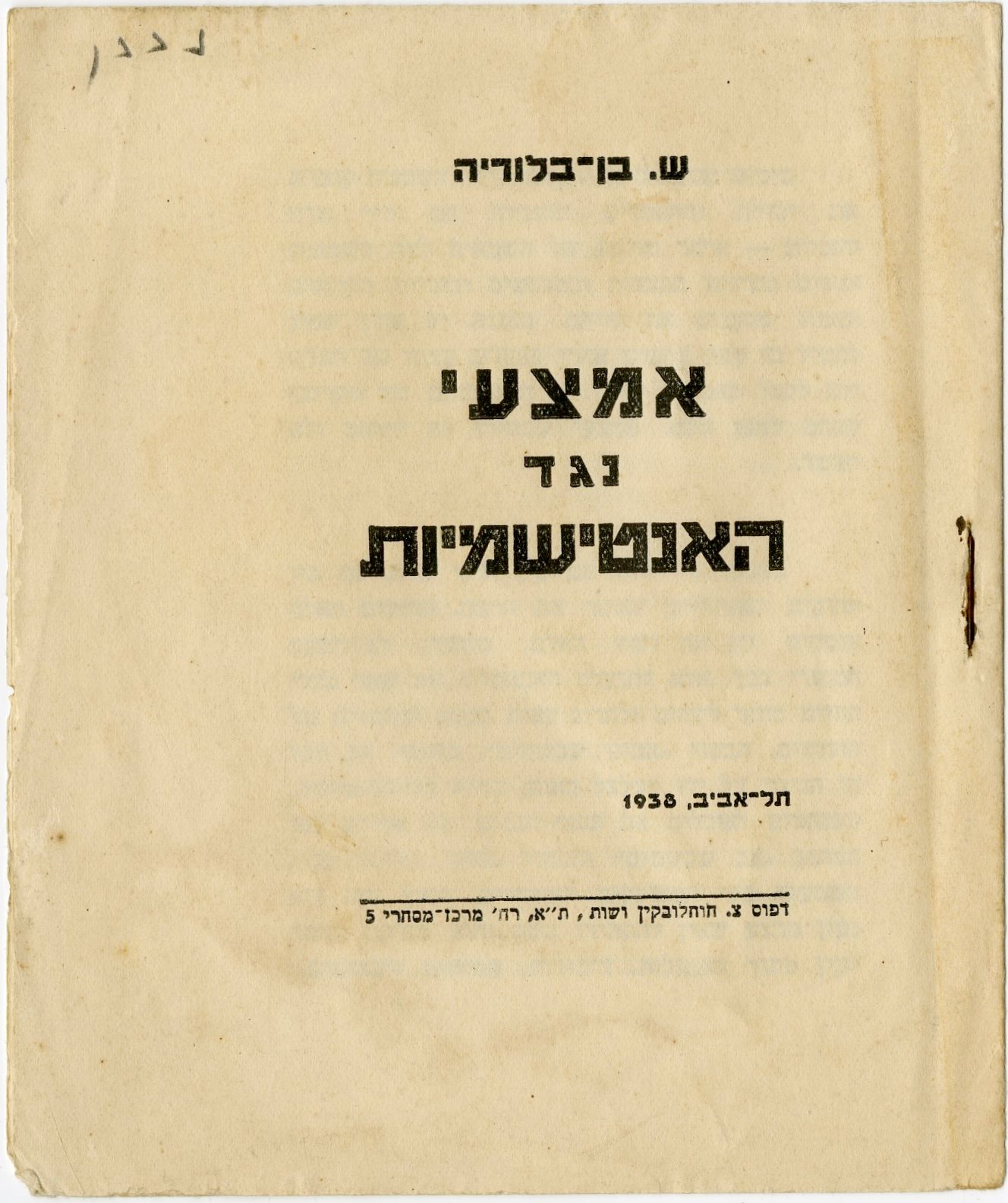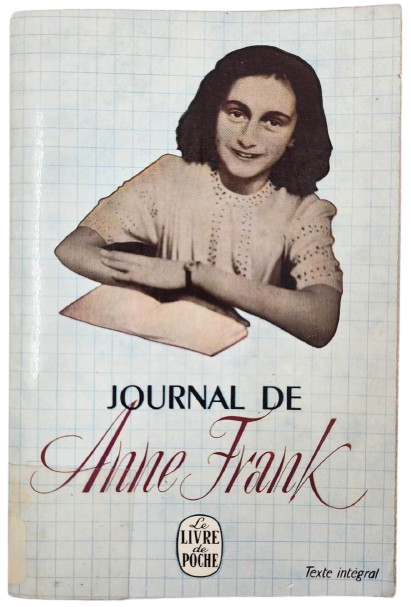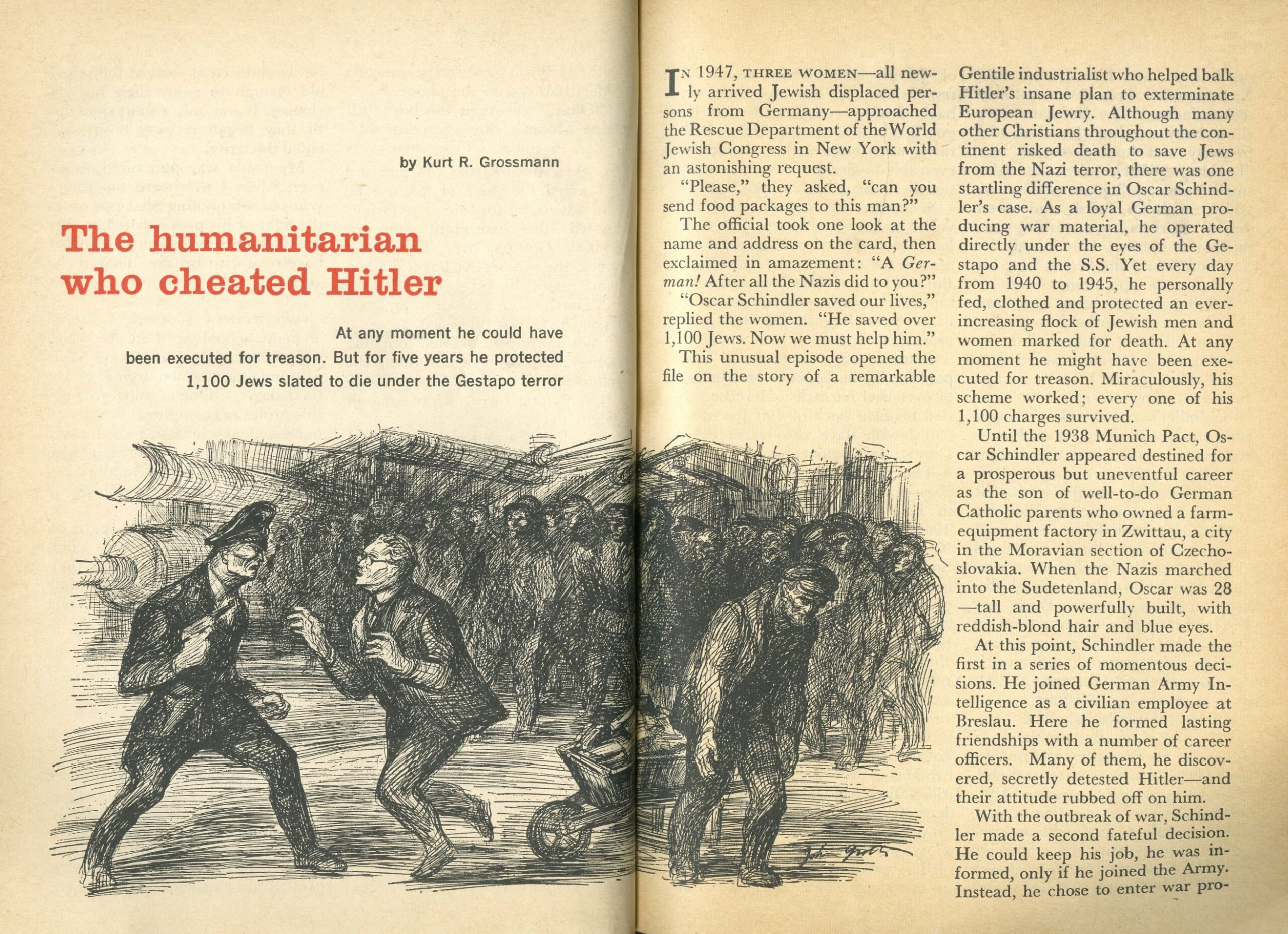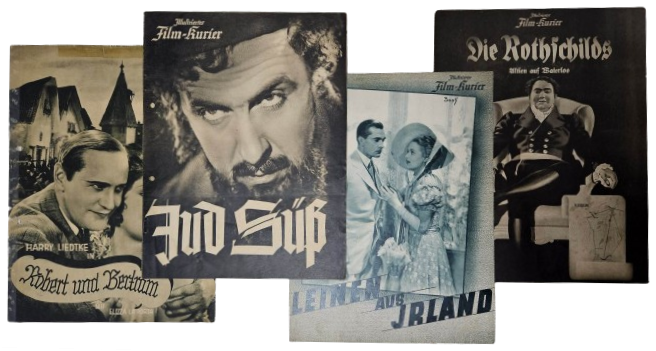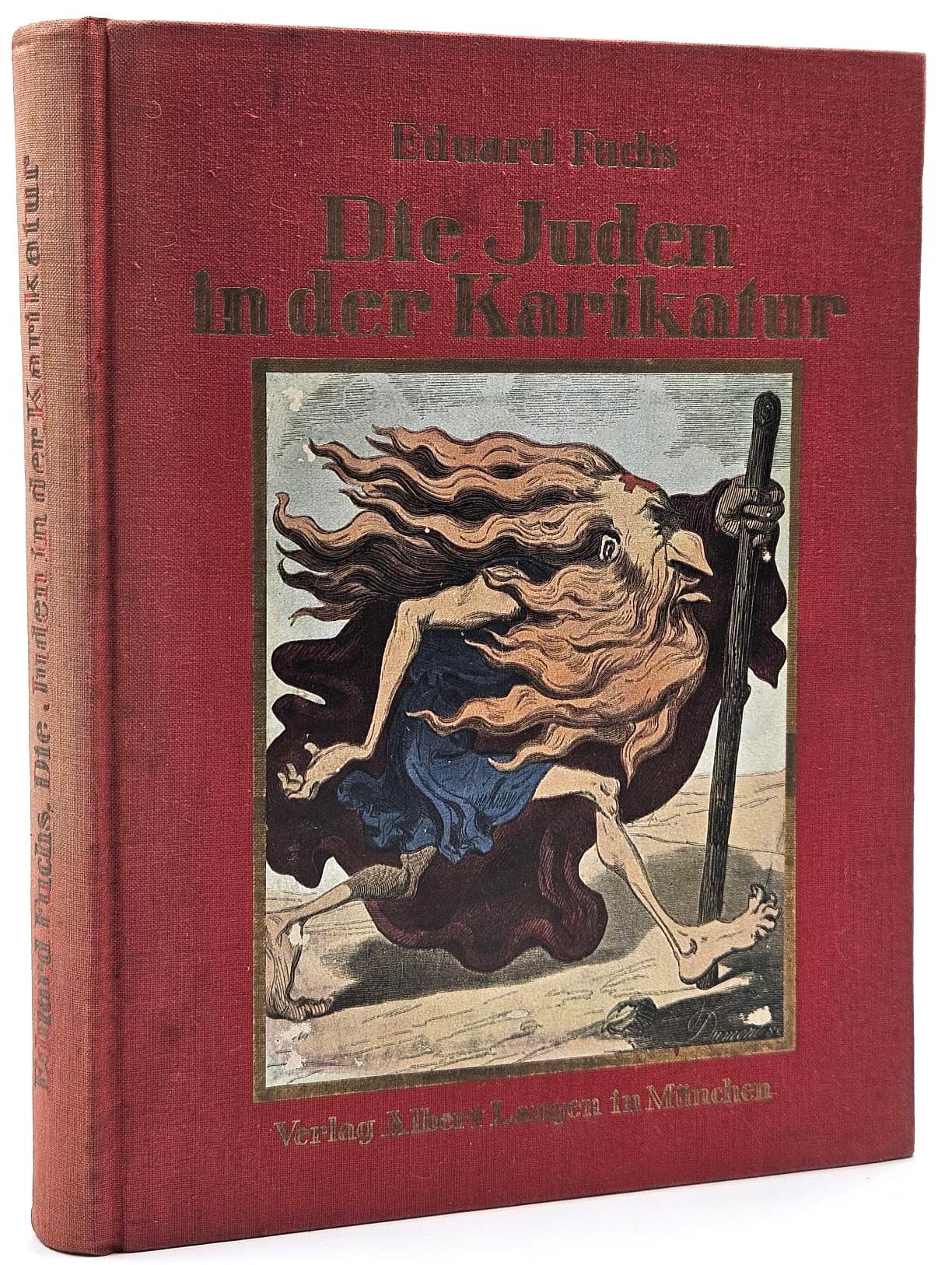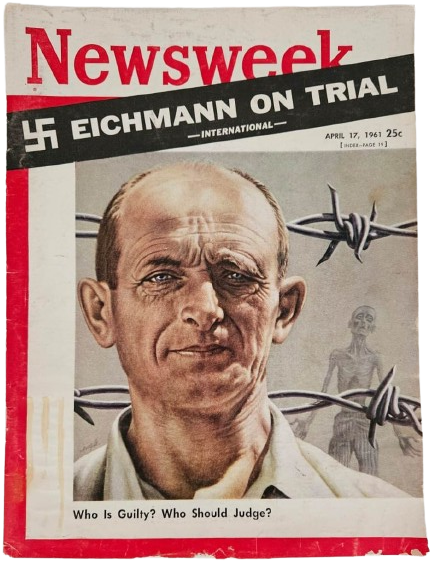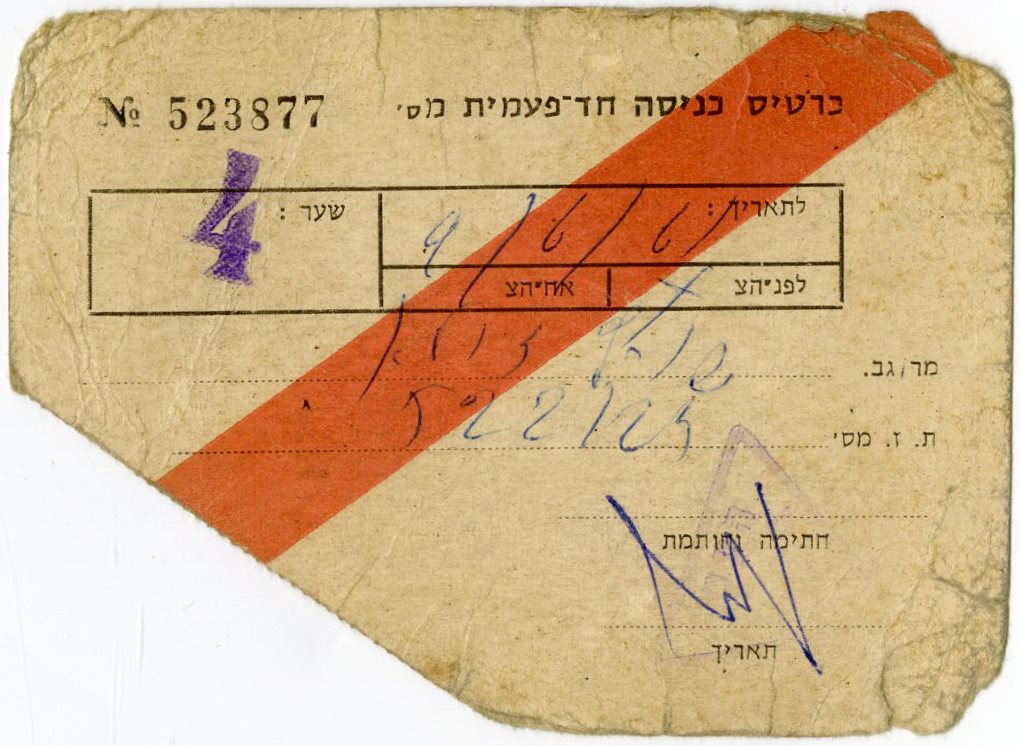Siddur in the Ashkenazi version for weekday and Shabbat prayers from the פערדא-מאנטי concentration camp (Ferramonti di Tarsia concentration camp - Calabria in southern Italy) [1942]. Dedicated by the Talmud Torah administration on the occasion of the bar mitzvah of student Pinchas Zvi Stern in the concentration camp itself.
On the protective page is a moving dedication: "B"H, to the student Pinchas Zvi Stern, in memory of the postponed bar mitzvah celebration due to wartime on Shabbat Parshat Nitzavim-Vayelech, presented by the administration of the Talmud Torah of Ferramonti concentration camp" Signed by Rabbis Shmuel Revisorsky and Asher Domonitoff. Also signed by the recipient of the siddur, bar mitzvah boy Pinchas Zvi Stern.
The Ferramonti concentration camp in Calabria, southern Italy, was the largest of 15 detention camps established by Benito Mussolini in the summer of 1940. Most of the inmates were Jews. Its establishment began on June 4, 1940, just days before Italy joined the war on Germany's side. The site was liberated in September 1943 and served as a displaced persons camp until the end of 1945. During the years the camp operated, it had 3,823 detainees from various countries, about half of them Jews. The Jews came from Germany, Poland, Yugoslavia, Czechoslovakia, Austria, Libya, Greece, and Albania. The Ferramonti camp was established in a malaria-infested swamp area. Food was scarce and the water was bad. With the deterioration of the economic situation in Italy, the living conditions of the camp prisoners worsened. Gatherings of any kind were prohibited, and the prisoners were supposed to salute the flag. However, the conditions of imprisonment in the camp were tolerable. The prisoners were not tortured and were not in danger of deportation or extermination. They were allowed to leave the fenced camp for work, maintain correspondence (which was censored), and even receive money and food packages from their families. The camp, which covered 160 dunams, contained 92 huts. The inmates organized themselves into groups, according to origin, culture, and religion, and each chose a representative on their behalf. The camp had a kindergarten and a school, a library, a choir, sports clubs, and a theater. The camp had a synagogue and even a Talmud Torah study group. Riccardo (Reuven) Pacifici, the chief rabbi of Genoa, visited the Ferramonti detainees more than once. On September 4, 1943, six weeks after Mussolini's overthrow, the prisoners in Ferramonti were freed. Ten days later, the British army arrived at the camp, and a month later, Jewish soldiers came to the site. Many of the detainees, mostly Jews, remained in place with nowhere to go, and the site served as a displaced persons camp until its closure on December 11, 1945.
312 p. 18 cm. Siddur instructions in German and Hebrew. Signs of use, tears in the Shema pages, some pages reinforced with adhesive paper. Condition good - moderate. The siddur is housed in a new magnificent gilt embossed case.

